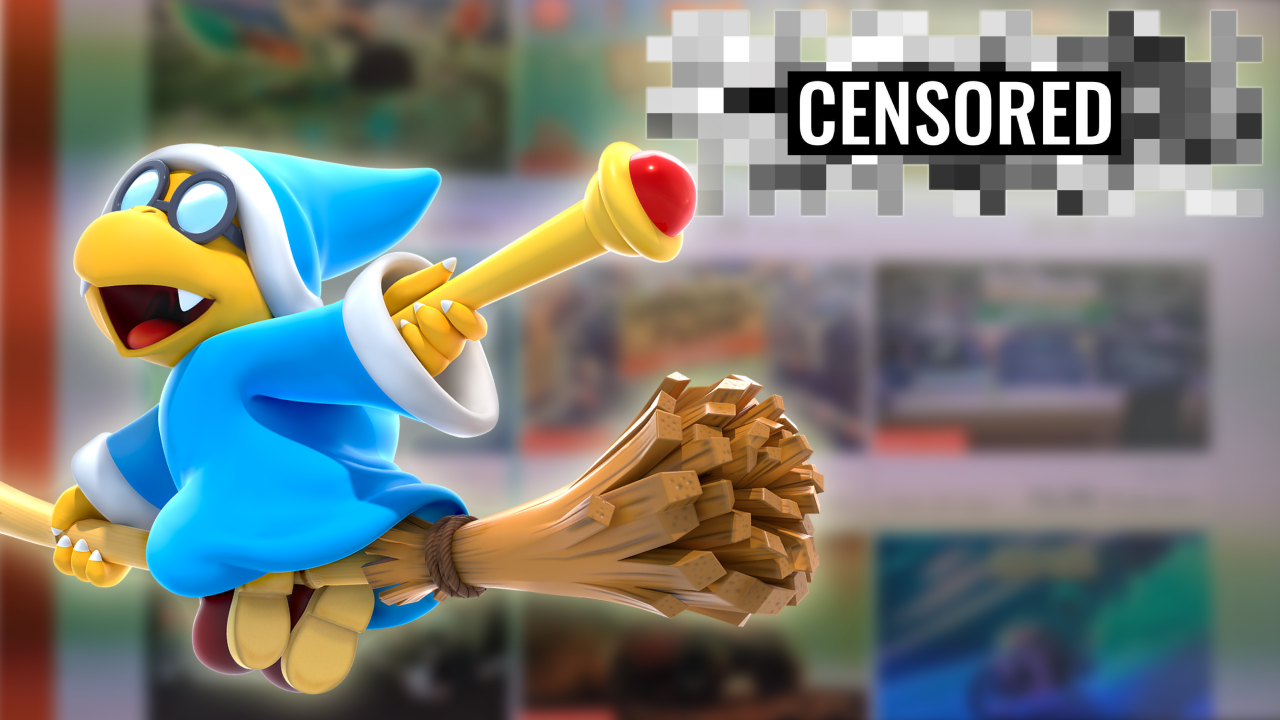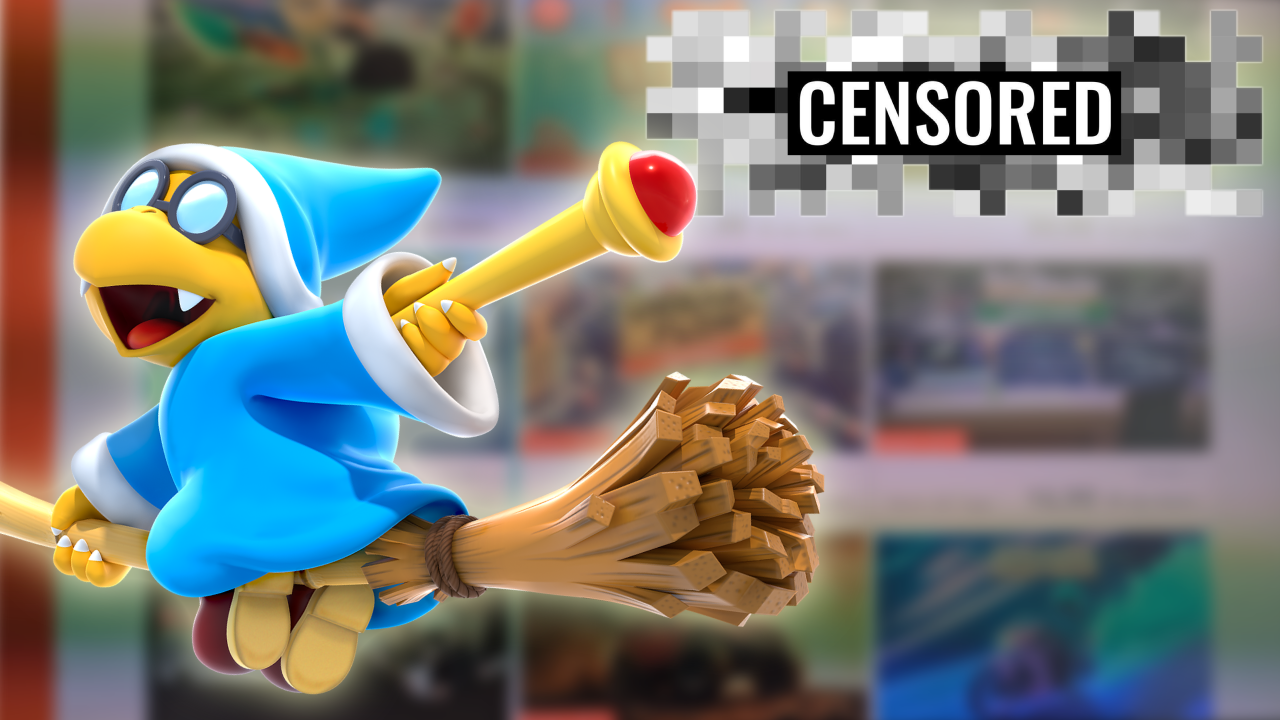The wild west days of the Nintendo eShop may finally be over.

Nintendo’s eShop has long been criticised for being flooded with shovelware – low-quality, rushed games designed solely to exploit the platform’s discoverability algorithms.
Now, Nintendo has reportedly introduced major new publishing guidelines aimed at improving the eShop ahead of the launch of its next-generation console, the Switch 2. First reported by IGN, these changes came into effect on June 5. They include banning “low-effort” games and any material that the company believes could damage the Nintendo brand.
Earlier in 2025, Sony implemented similar content curation measures on the PlayStation Store. Likewise, Valve's Steam platform introduced new restrictions at the beginning of this week.
What's Getting the Axe
The new rules, which have weirdly not been formally announced to the public, target a wide array of content Nintendo now deems unacceptable. This, among others, includes inaccurate advertising.
Additionally, under the new policy, publishers can no longer repackage the same titles into endless bundle variations to manipulate visibility. Nintendo now limits game bundles to a maximum of five titles within a game’s first year.
Games that violate these updated guidelines may be flagged for revision or removed entirely from the platform.
What “Low Effort” Means in Practice
While Nintendo hasn’t provided an official definition of “low-effort,” developers say the standards are being enforced around a combination of the following criteria: lack of meaningful gameplay content, broken or buggy performance, false advertising, and store pages that use AI art or generic assets that misrepresent the actual game.
Drawing the Line on Adult and Political Content
The most controversial aspect of Nintendo's new policy is perhaps its stance on sexual and political content.
The guidelines explicitly ban content that includes “the sexualization of minors", “overly sexual content”, anything considered "discrimitory" and “adult material". So far so good.
But also anything considered “exploitative of real-world issues,” or “politically charged.”
Examples given include depictions of hate, content that instructs criminal activity, and even games that overtly support or criticize real-world ideologies, organizations, or countries.
Interestingly, the guidelines appear to make exceptions for legacy or high-profile games with controversial themes. Titles like Grand Theft Auto, which include violence and sexual content, have not been flagged. Likely due to their mainstream status and clearer value as complete, polished products.
These rules have prompted discussion among users about the fine line between appropriate moderation and artistic censorship.
In their eyes, banning "political content" might also mean censoring games that deal with real tragedies or social issues.
One person on Reddit commented that the approach was "reminiscent of the Hays Code", referencing the infamous early Hollywood rules that prohibited films from portraying even Nazis as villains because it was seen as “denigrating a real-life political group.”
However, it is important to note that people may be interpreting too much into the situation and that there is no actual danger of anything worthwhile being censored.
Publishers Already Finding Workarounds
Despite the new rules, some developers are reportedly finding ways to work around the restrictions, such as replacing banned keywords like 'hentai' with more innocent-sounding, vague terms like 'kawaii'.
It is not yet clear whether Nintendo will step up enforcement to single out workarounds or rely on automated detection systems, where these changes will fly under the radars.
A Step Forward, But More Is Needed
Many see this overhauling of the system as long overdue. They argue that the changes will make it easier for genuinely good games to stand out, particularly since indie developers are often buried under a flood of poor-quality listings.
Still, users are calling for more tools to help navigate the eShop.
As it stands, the platform lacks basic features like filtering by genre or sorting by user ratings – features common on Steam and long requested by Nintendo fans.
Some fans argue that Nintendo actually had a better system on the Wii U, which featured a five-star user rating system tied to actual gameplay time. That system, despite the console's modest user base, helped many steer clear of poor-quality titles.
But do you think the Wii U system should come to Switch or do you have a completely different solution?
Tell us in the comments!


































